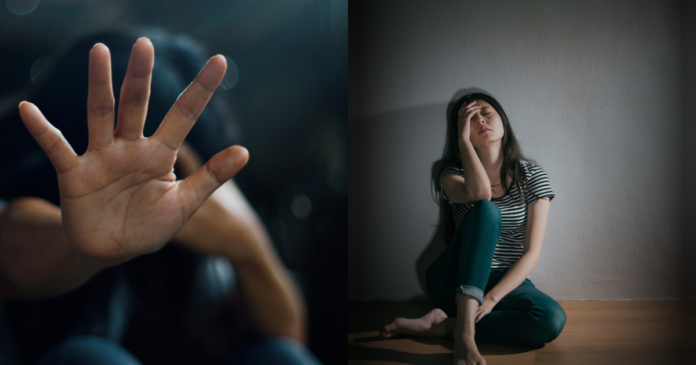Like our national hero once said, “Ang kabataan ang pag-asa ng bayan.”
But how can the youth be the future of our nation when they are burdened before they realize their potential?
There is a growing mental health crisis among Filipino youth. In School Year 2021–2022, the Department of Education (DepEd) recorded 404 student suicides and 2,147 suicide attempts. A study by the UP Population Institute revealed that one in five Filipino youth has considered suicide, with attempts rising from 3% in 2013 to 7.5% in 2021.
Recent incidents have only made the crisis more visible across the country. In Pasay City, a 15-year-old student reportedly took his own life after struggling with academic pressure and family problems. A Grade 10 student in Negros Occidental took his own life after allegedly being bullied online. In Manila, a college student reportedly jumped from a condominium rooftop after failing his thesis, landing fatally on the grounds of a prominent high school in the city.
These are not isolated events. These are part of a worsening pattern that cuts across age, region, and background.
Despite the urgency, the country’s mental health services remain inadequate. The Philippines has just over 1,000 psychiatrists and 1,400 psychologists, most based in urban centers. School-based programs are inconsistent and often lack either full-time counselors or trained personnel. While nearly 776,000 students sought counseling, many campuses are ill-equipped to respond to the growing need.
The situation is even more precarious for out-of-school youth, who are often excluded from structured systems of care. With limited access to professional help and few community-based interventions, they face heightened risks of untreated mental health conditions, often without anyone noticing.
Stigma makes the crisis worse. Many young people hesitate to speak up, fearing judgment or dismissal. A 2021 study shared by Dr. Shake Hocson found that 65% of youth do not seek help, and only 7% confide in family. Concerns are often brushed off as drama, weakness, or simply seeking attention.
There must be urgent and sustained action. Services must expand, schools must be equipped, communities must engage, and stigma must be dismantled.
The youth are not just crying for help—they are dying for it.
Unless we start listening, we risk losing them before they even have the chance to grow.



